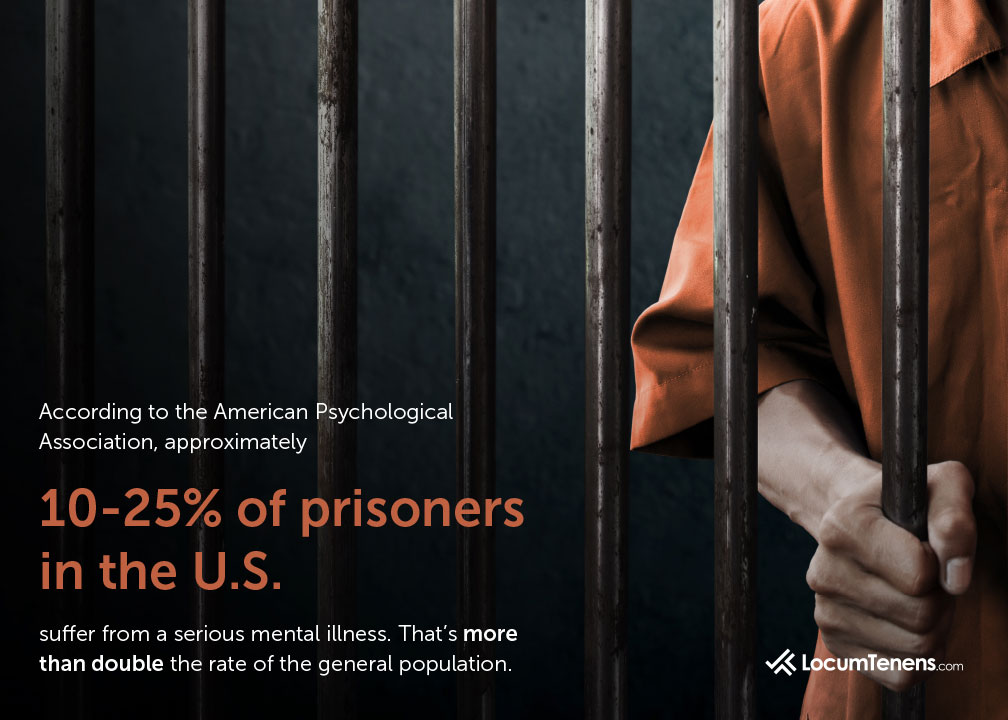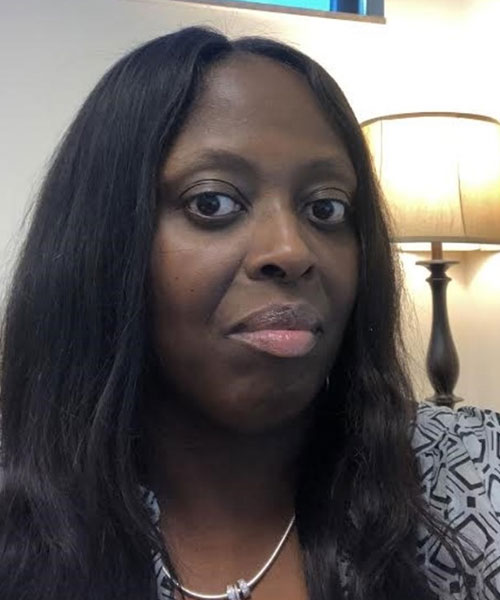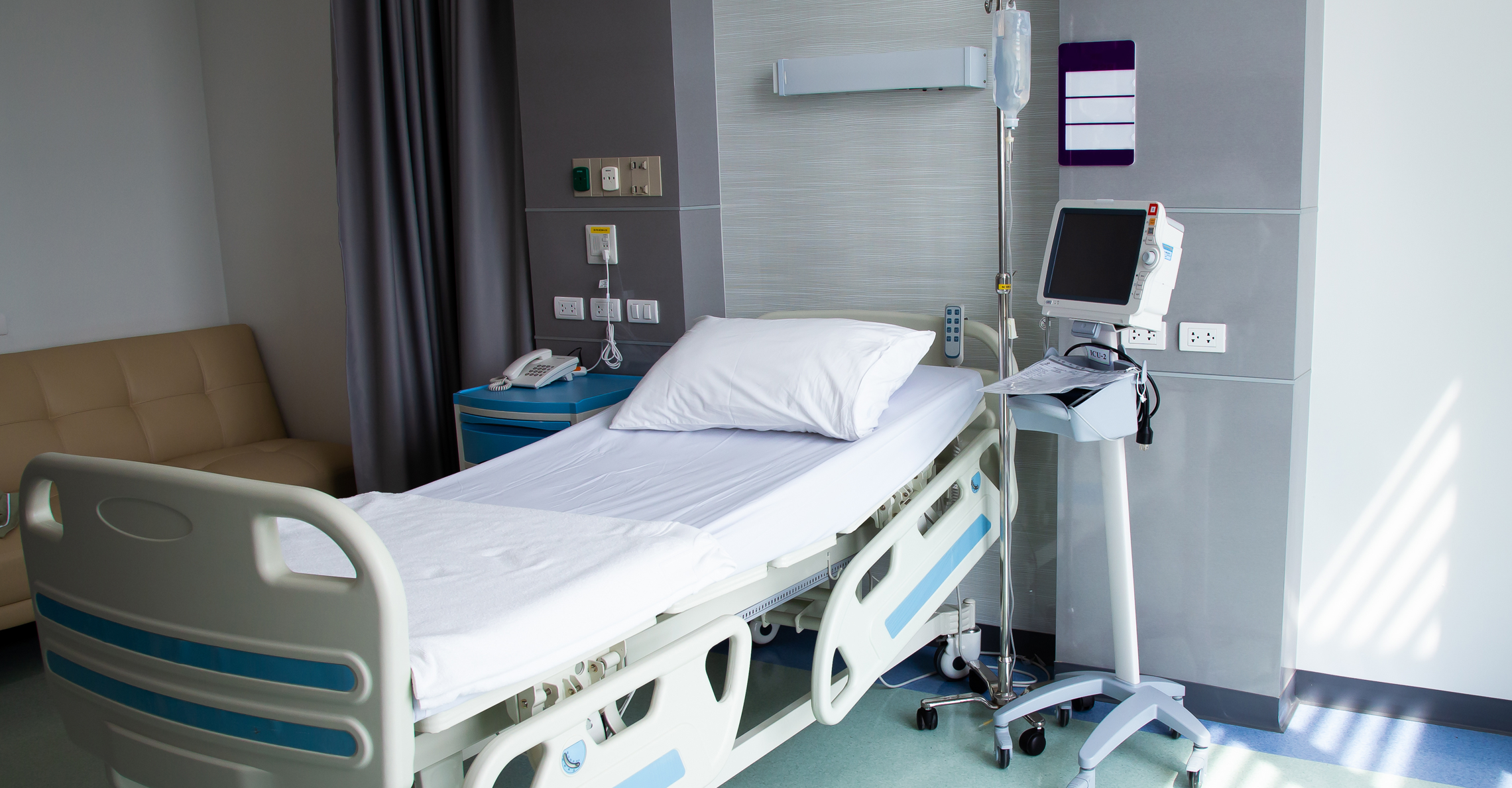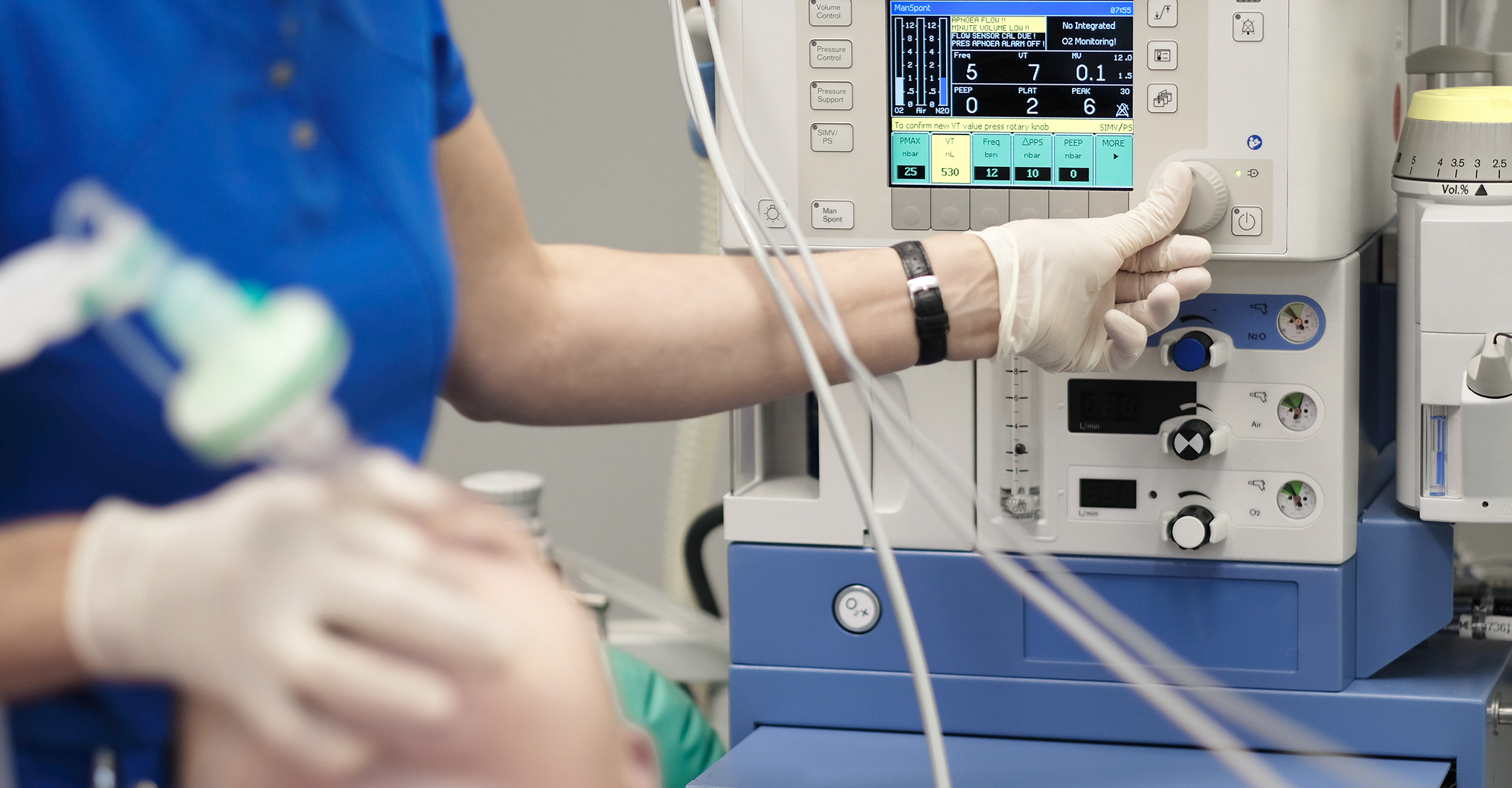An Interview with Monique Manderson, PMHNP (Part I)
NOTE: Monique's interview is a three part blog series. Be sure to check out the rest of the series (Part II, Part III)
How did you get started with locum tenens work?
It was during the pandemic, and I did not want to commit to anything long-term because I knew I was going to be transitioning to a different state at some point in the near future. I was doing family medicine half of the time and psychiatry half of the time. My first locum tenens assignment was through a different agency. I covered for a doctor for three months, and I loved it, so I decided to continue to pursue locum tenens work.
Eventually a LocumTenens.com recruiter reached out to me about a forensics assignment. I had never done forensics work before, but I had always been interested in it. My experiences with LocumTenens.com before the assignment began were all positive. All of the processes for getting me to my assignment seemed automated, and the credentialing process was very smooth.
Psychiatry was my love even before I became a nurse. I used to have a psychiatry rotation on a geriatric unit, and I was very interested in how the elderly present with psychosis and also with dementia, but I never pursued it. I went on to work in the ICU, but psychiatry always had my antennas buzzing. So I’d be asking patients about their support system, discharge planning, etc. I decided to go back to school to become an NP, and I received a scholarship for working in a medically underserved area and committing to continue working with a disenfranchised population post-graduation. It was during this time that that I noticed just how many patients were not getting their psychiatric needs met. There was always such a shortage in mental health care, but I’d end up managing anyway. Ultimately, this helped me decide to go back to school for psychiatry, which allowed me to split my time between that and family medicine.
Can you describe the facility where you’re currently on assignment?
My facility is the only maximum-security mental hospital in the state of Illinois. We receive patients from the entire state, directly from jail and sister facilities, but never from the community.


What made you decide to try working at a rural, forensic psychiatric hospital?
I had worked in rural communities before. I did a lot of home assessments in remote areas in Missouri and Illinois. I accepted my current assignment primarily because of one major thing: access. Lack of access is one of the biggest deficits in psychiatry. I will tell any person who is considering working at a rural, forensic psychiatric hospital that it is the best thing I’ve ever done. One thing people may not realize is that our resources are fewer, but they’re well-defined. For example, I go to Walmart, and everyone knows who I am. It’s a really close-knit community, and the people welcome you with open arms because you’re helping provide access to life-changing and life-saving care. Rural areas are smaller, but there’s usually a larger city about 15 to 20 minutes away, so it isn’t really a big deal. And providing access to care is the most significant part; you get to help some really good people who wouldn’t be able to receive care otherwise.
What do you enjoy about working at a forensic psychiatric hospital?
I was an ICU nurse, so I enjoy high-acuity assignments. I like that I’m helping patients who really need my services and that I’m able to take a biopsychosocial approach to treating them. They’re navigating both the penal system and mental health issues, so they need good treatment planning. I’m interested in helping my patients reintegrate into the community, and I like to be challenged. At my current facility, I feel like I am challenged every single day. Each patient is different, and I am thankful I’m able to help them.





